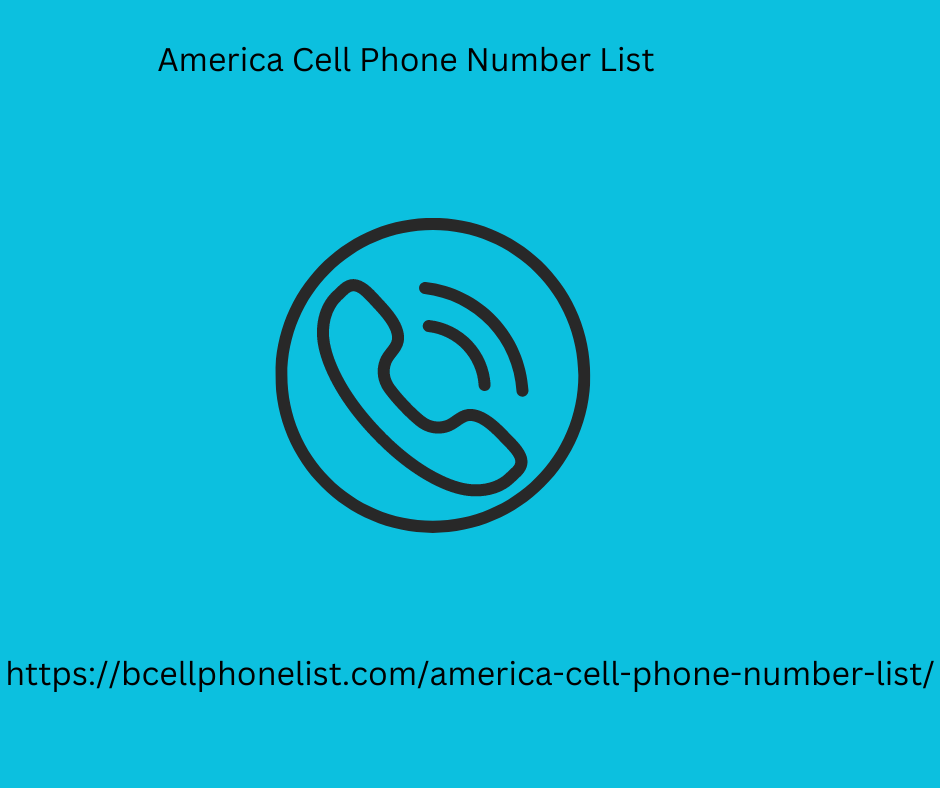|
|
And each time at the end I explain why I did it and I apologize. However, I say that from my perspective I had to do it because the client will come later. And he can push you. Or some problematic situation. And I need to know more or less how you can behave. Maybe it's good, maybe it's not good. Something like this happened to me But why am I talking about this? Because I find it very interesting in the case of such a demanding role as a manager.
How would you, other than asking questions, check, or maybe you think America Cell Phone Number List that you shouldn't, if someone just walk the talk, as the English say . That is, how someone will later act in real realities, and not in controlled ones, such as conversation. Is there any method for this at all? AB: I think this is a question for such HR gurus, after all, not for me. You seem to be asking me these questions, but I don't know the answer to them.

Because what can I say, a bit more to what you said, that you don't ask HR questions, actually I ask such questions too. Only more wrapped up in HR. So I start with a standard question: "What are you afraid of in your future job?" Due to the fact that we are a remote company, people often say: "Well, I didn't work remotely", although now after the pandemic, obviously, this is less and less the case. However, this is the first point. I say: “Okay, what about something with people, for example? What about responsibilities?” Because, you know, when you work stationary, you can go to the coffee machine and ask questions. And I feel very strongly about it.
|
|